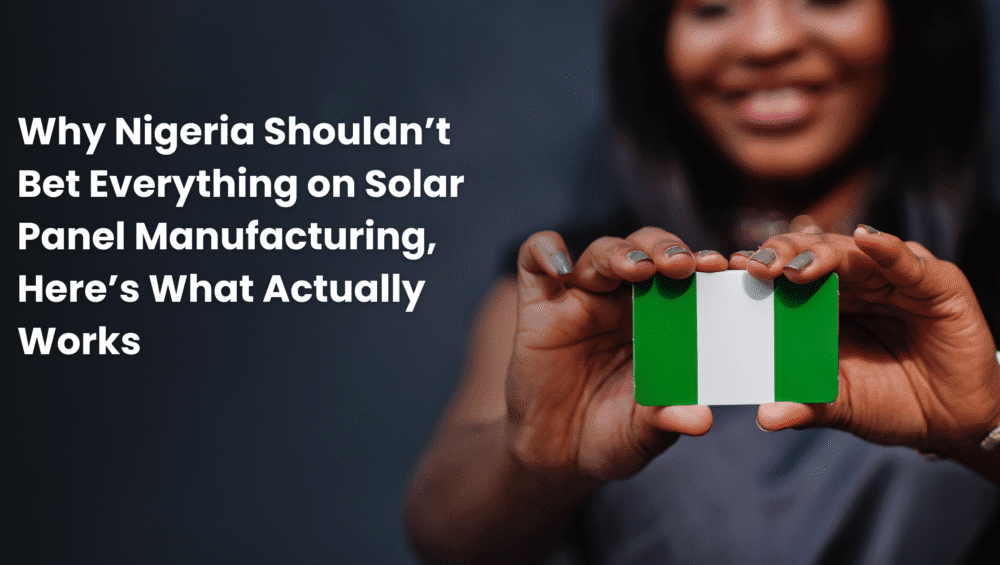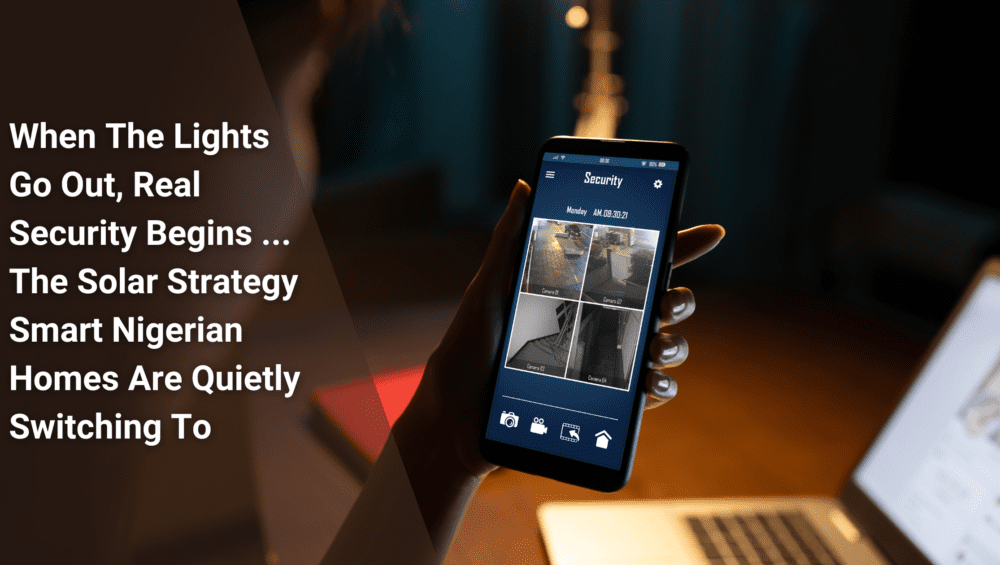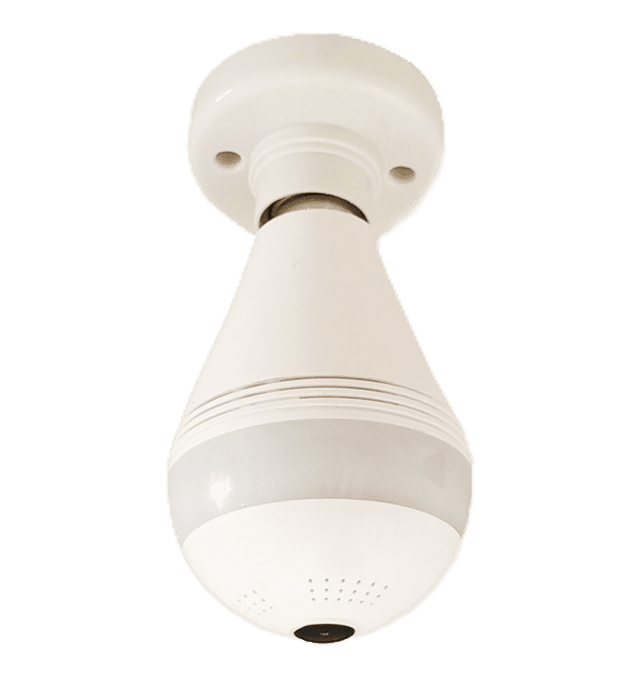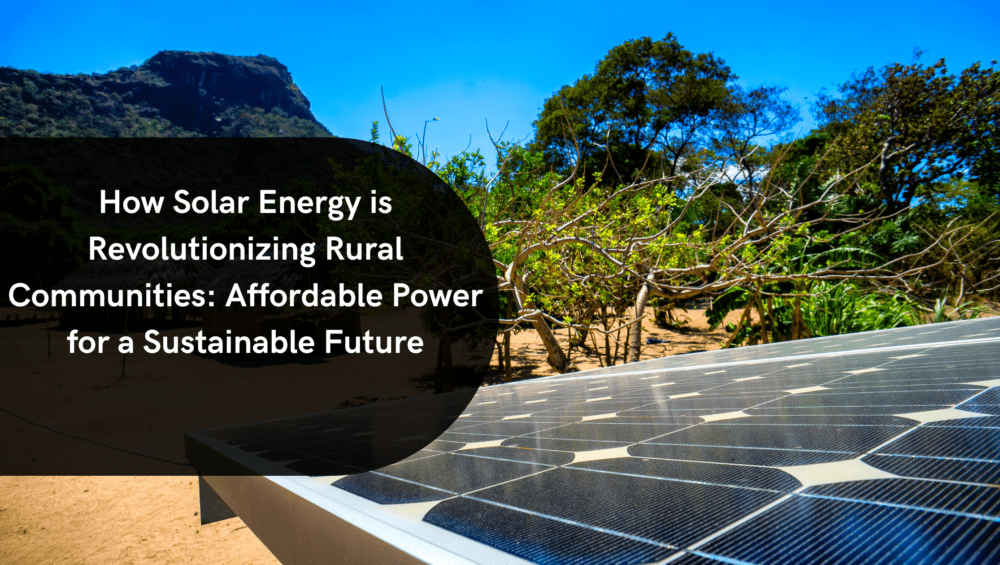If You Can’t Count, Maybe It’s Time to Count Your Costs Instead.
Let’s play a quick game:
A) Once
B) 2–3 times
C) Over 5 times!
D) NEPA is not even trying again
If you had to pause and think, “Wait, let me check how many times the light disappeared this week,”… then this blog is for you.
Let’s count something else today.
Let’s count the cost of pretending things are okay.
The Real Insight Nobody’s Telling You:
People think solar is expensive.
But what they don’t count is what staying in the dark costs them.
Let me show you what I mean.
You’re Already Paying for Solar… You Just Don’t Own It Yet.
Here’s what most people do every month:
- NEPA bills (for half-light): ₦15,000
- Fuel for gen: ₦30,000
- Maintenance, oil, plugs: ₦5,000
- Burnout, stress, sweat: Free, but costly.
Now multiply that by 12 months.
👉 That’s ₦600,000+ a year… just to power the basics.
And guess what?
That same money could’ve bought you peace.
Not just light. Peace.
The Truth Is: NEPA Has Made You Normalize Suffering.
We’ve adapted to it.
We say things like:
“E don blink again o.”
“Gen go run small.”
“Let me charge fast before they take it.”
You’ve built your entire life around failure… just because everyone else is doing the same thing.
But that doesn’t make it normal.
It makes it popular madness.
What If You Could Stop Counting Outages… and Start Counting Wins?
We helped a small family in Ibadan install a 1.5kVA solar system last month.
They haven’t bought fuel in 5 weeks.
They even forgot where their generator key was.
They power lights, fans, laptops, TVs, and even their decoder.
They invested once.
Now they’re saving every day.
And here’s the kicker … they’re not rich. They were just tired of being tired.
So, What’s the “Solar Peace Plan”?
It’s not a fancy name. It’s not a promo.
It’s just the real solution most Nigerians are still ignoring.
- Pay once. Save forever.
- Or pay small-small with trusted financing (like CreditDirect).
- Choose the right system, backed by engineers who actually care.
- And finally… sleep in peace.
Final Words, My Friend:
Don’t wait for the next outage before you rethink your reality.
Stop spending money to stay in darkness.
Stop normalizing stress just because your neighbor does.
You deserve light … consistent, quiet, stress-free light.
And if NEPA won’t give it to you… then it’s time you gave it to yourself.
Ready to break the NEPA loop?
Let’s talk.
We’ll help you count your real costs … and show you a smarter way forward.
👉 Visit www.novelsolar.com
Or send a message. Even a “Hi” is enough to start.













